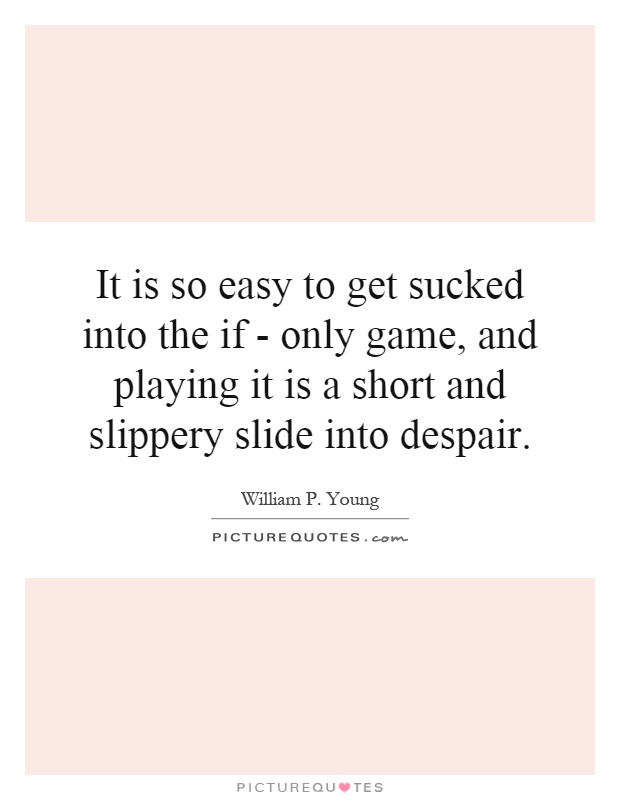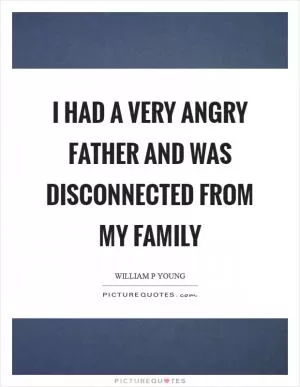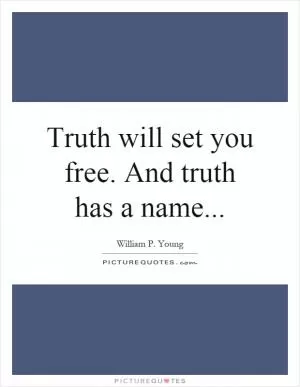It is so easy to get sucked into the if - only game, and playing it is a short and slippery slide into despair

It is so easy to get sucked into the if - only game, and playing it is a short and slippery slide into despair
William P. Young, the author of the best-selling novel "The Shack," is no stranger to the concept of the "if-only" game. In his book, Young explores the depths of human suffering and the ways in which people often find themselves trapped in a cycle of regret and longing for what could have been. The protagonist of the story, Mackenzie Phillips, is a man who is consumed by guilt and grief over the tragic loss of his daughter. He constantly finds himself playing the "if-only" game, wishing he could go back in time and change the events that led to her death.The "if-only" game is a dangerous trap that many people fall into, especially when faced with difficult circumstances or painful experiences. It is a game of regret and self-blame, where individuals constantly second-guess their decisions and actions, believing that if only they had done things differently, their lives would be better. However, as William P. Young illustrates in "The Shack," playing this game is a slippery slope into despair.
When people get sucked into the "if-only" game, they become fixated on the past and lose sight of the present moment. They dwell on their mistakes and shortcomings, unable to move forward or find peace. This constant rumination on what could have been only serves to deepen their sense of hopelessness and despair, leading them further away from healing and growth.












 Friendship Quotes
Friendship Quotes Love Quotes
Love Quotes Life Quotes
Life Quotes Funny Quotes
Funny Quotes Motivational Quotes
Motivational Quotes Inspirational Quotes
Inspirational Quotes